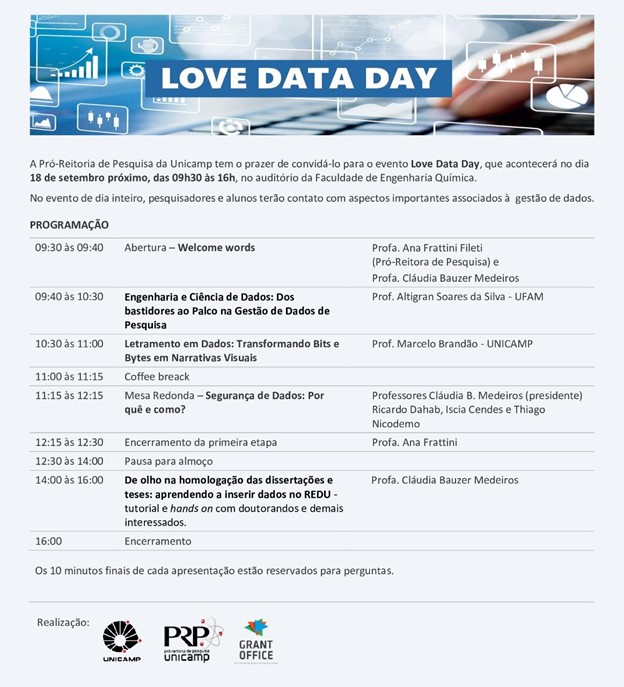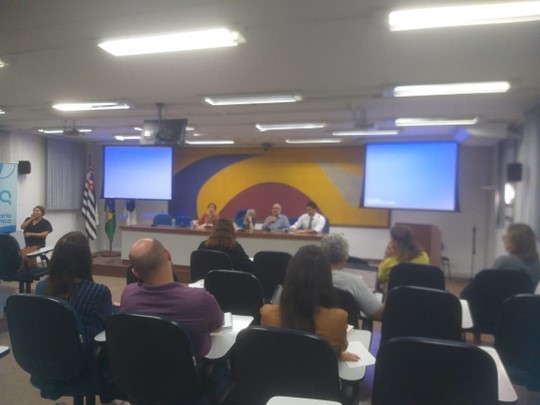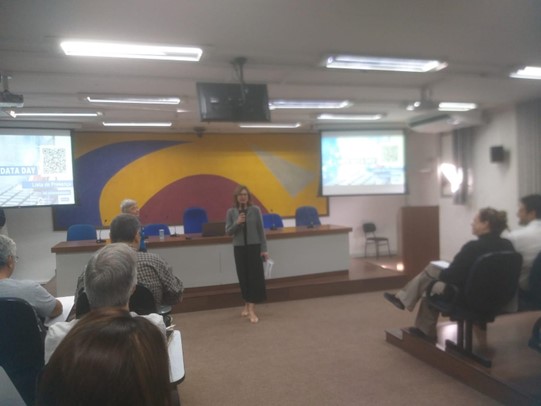The SMARTNESS 2030 Center, in addition to its solid and effective commitment to best research practices in all its areas, also prioritizes the broad dissemination of the scientific knowledge generated by its activities, contributing to the expansion and consolidation of Open Science. As well defined by FAPESP, Open Science refers to the set of policies and actions for disseminating knowledge, generally through digital means, so that all research results are accessible to everyone, reusable, and reproducible. As a center funded by public resources, SMARTNESS Center is aware of and concretely acts to ensure that the results of its research are a public good and should be widely disseminated, while safeguarding ethical aspects, privacy, security, and intellectual property protection.
Due to the importance of Open Science, SMARTNESS Center develops its activities of making open information available, focusing on five types of actions: “Branding” to consolidate the SMARTNESS brand as a center of excellence in research, development, innovation, and knowledge generation in intelligent communication networks; “Communication,” with extensive use of various types of media to disseminate its activities; “Scientific Events,” by organizing and promoting open and accessible scientific, technological, and educational events; “Development and Offering of Professional Training Programs,” offering courses, training, and knowledge integration in undergraduate, graduate, and open courses; “Presentations and Publications,” promoting scientific production and its availability through important publication platforms and events, as well as the inclusion, maintenance, and monitoring of open information repositories (Open Science and Open Data).
In addition to these actions, SMARTNESS Center is constantly deepening its knowledge of Open Science, through contributions from renowned specialists in the field, either in the form of lectures for all the center’s researchers during the SMARTNESS HOUR, an online event held weekly on Fridays from 11:00 AM to 12:00 PM, or through active participation in external events focused on the topic.
For example, on August 30, 2024, SMARTNESS had the honor of welcoming Dr. Claudia Bauzer Medeiros (IC/UNICAMP), one of the leading experts in Open Science in Brazil with international recognition, to speak about the directions, trends, and key points related to the topic. Dr. Claudia Bauzer Medeiros, in addition to her vast experience on the subject, is the Coordinator and Editor of the document “Open Science – Overview and General Recommendations,” published by the Brazilian Academy of Sciences in November 2023, which is fully aligned with the recommendations of UNESCO’s “UNESCO Recommendation on Open Science,” published in 2021.
On September 18, 2024, Dr. Eduardo Sartori, Technology Transfer Manager at SMARTNESS Center, participated in the “LOVE DATA DAY” at UNICAMP, a one-day event organized by the UNICAMP Research Office and led by Dr. Claudia Bauzer Medeiros, focusing on Open Science and data security. The event featured renowned specialists on the subject who discussed various aspects and challenges of Open Science from different angles, such as quality, formatting, proper publication, legal and industrial property issues, opportunities and risks of artificial intelligence, and ethics in research.
Regarding the topic of Research Ethics, Dr. Iscia Cendes (FCM/UNICAMP) emphasized the importance of submitting any research project involving human participants for evaluation by the Research Ethics Committee (REC), since, in addition to various applicable legal regulations, the safety of participants must be the top priority in any scientific work, ensuring their well-being. This includes adequately and securely handling all collected and processed information about participants, obtaining their consent for participation, and guaranteeing their anonymity. When a research project is submitted to the REC, it can be properly evaluated to ensure that both participants and their data are handled with the required security, enabling the correct dissemination of this data and avoiding potential legal consequences that could jeopardize the research.
On October 11, 2024, still on the topic of Research Ethics and Open Science, Dr. Eduardo Sartori presented at SMARTNESS HOUR some of his experiences as a former member and former coordinator of a REC, discussing the structural and legal framework of RECs, project submission mechanisms, important points to consider in any research involving human participants, and the impact of these actions on the publication and dissemination of data on Open Science and Open Data platforms, citing some real-life examples.
The SMARTNESS Center has a fundamental commitment to promoting excellence in the management, safe and democratic sharing, and dissemination of all the knowledge it generates, both in technological and educational aspects. It continually promotes the development of its members and participates in the most advanced initiatives in the field of Open Science to fulfill its role as a provider of open science with excellence in all its dimensions.









